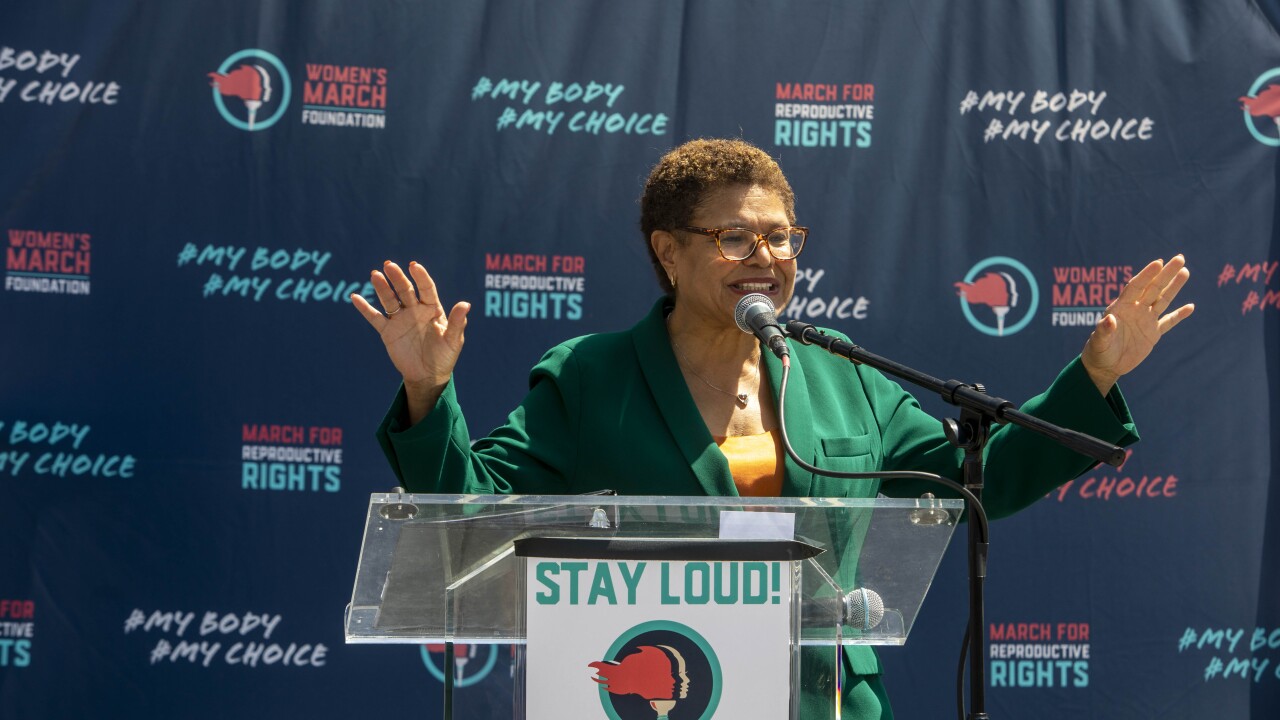CHICAGO — Illinois Gov. Pat Quinn announced plans Tuesday to launch a social impact bond program, an alternative financing mechanism that taps private investment to fund social services goals.
Social impact bonds may use the term "bond" in its name, but their features more closely resemble a structured product with a twist. Projects in New York City, Fresno, Calif., and Massachusetts are in various stages of using the model, which enables the public sector to leverage upfront funding from investors under a so-called "pay for success contract."
The private capital goes to fund a targeted social program goal. Potential programs cover a spectrum of services and programs from reducing youth crime and recidivism to addressing homelessness, healthcare needs, and improving education. Repayment is performance based with the rate of investor return dependent on meeting a targeted goal or the savings achieved.
Quinn billed the program as an innovative means to address pressing community needs at a time when Illinois faces historic financial challenges and is strained by massive unfunded pension obligation and billions in unpaid bills.
"The social innovation model is a unique way to invest in our community priorities without dipping into the pockets of Illinois residents," Quinn said. "Illinois is one of two states to pioneer this creative program that will tackle major social problems and strengthen our communities."
The Harvard Kennedy School's Social Impact Bond Technical Assistance Lab with support from the Rockefeller Foundation will receive $275,000 from the Dunham Fund to establish the initiative in Illinois. The issuance of a request for information to explore potential initiatives in targeted policy areas is the next step.
Social impact bond programs are slowly gaining attention as governments look for new ways to attract private investment. New York City and Goldman, Sachs & Co. used a SIB model to establish the Adolescent Behavioral Learning Experience with the goal of reducing the likelihood of youth recidivism. The initiative is managed by MDRC, a non-profit in New York. What the city pays MDRC hinges on program success. If the program falls short of reducing re-incarceration by 10%, the city will pay nothing. Goldman would break even with a 10% goal.
Massachusetts selected two-year-old nonprofit Third Sector Capital Partners, in partnership with New Profit Inc., both of Cambridge, Mass., to negotiate with the commonwealth as social innovation financial intermediaries for the juvenile justice contract.
The project in Fresno is underway aimed at reducing the need for children in the area to visit emergency rooms and hospitalization for asthma problems. Collective Health LLC in Simsbury, Conn. is spearheading the Fresno program.





